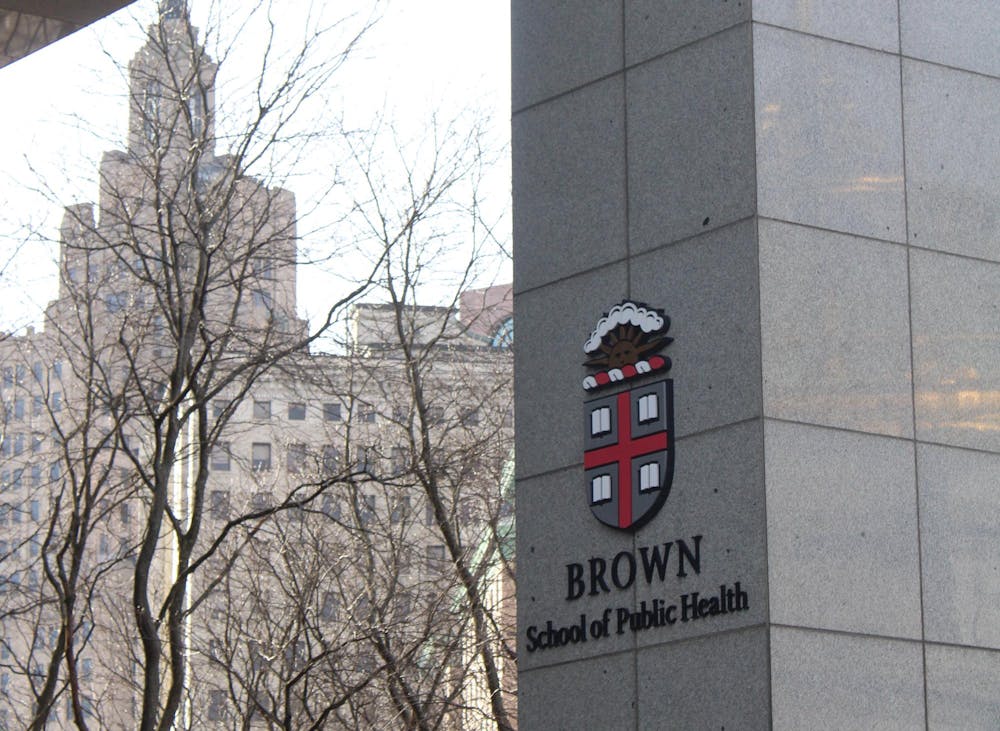The Pandemic Center, formed as part of the School of Public Health in 2022, inaugurated its Washington D.C. office Jan. 29 as part of a larger initiative to connect with policymakers and broader community stakeholders.
Administrators have been discussing the possibility of a Washington office for the Pandemic Center — an interdisciplinary research center aimed at analyzing and responding to public health outbreaks — since the center opened two years ago, The Herald previously reported.
“The idea for a Washington office was really there from the very beginning,” Jennifer Nuzzo, director of the Pandemic Center and professor of epidemiology, said in an interview with The Herald.
Nuzzo added that she and SPH dean Ashish Jha “both had a very strong sense that it would be important for the Pandemic Center to be connected to policymakers and practitioners to be positioned to have real world impact and not just study a problem that had just killed millions of people around the globe.”
Seth Berkley ’78 MD ’81, an adjunct professor of epidemiology and a senior advisor at the Pandemic Center, noted the importance of a Washington office to the Center’s central mission.
“The goal of the Pandemic Center is to try to make sure that during peacetime, people are still paying attention to (pandemics), keeping it on the agenda,” he said. “Obviously, Washington's an important place to do that.”
Interdisciplinary collaborations are central to the Center’s work, which seeks to address pandemics through public health, security and policy principles, said Elizabeth Cameron, an SPH professor and senior advisor at the center.
“We think there are core issues to be solved in pandemic preparedness” which were highlighted during COVID, Cameron said. “The only way that we're going to achieve these goals is if we collaborate with other experts who have different skills.”
Public health alone is insufficient in addressing pandemics, Nuzzo said. “We tend to be a retrospective field,” she said. “We wait for a lot of evidence to accumulate, and we look back at that evidence. Then, we make some judgment, and then we perhaps have an idea going forward of what we need.”
“In a pandemic, you can't act that way,” she added. “You often don't have a lot of evidence in front of you in real time. You have to act on what you think could happen and try to act to prevent the worst from happening.”
The Center plans to collaborate with the Brown in Washington program by offering a Washington-based section of PHP 1580: “Pandemic Game Changers.” The course will be taught by Cameron and Wilmot James, an SPH professor and senior advisor to the Pandemic Center.
The Center is also launching new mentorship programs for students and early- or mid-career professionals focused on health and security, according to Nuzzo.
Cameron, who will be leading the program, said the center would collaborate with a range of public health and biosecurity organizations, aiming to “understand and overcome some of the polarization around pandemic preparedness in our country.”
The Center also aims to translate academic research — like public health evidence and new pandemic playbooks — into tangible impact.
“It’s really important that work gets put into practice,” Cameron said.

Ryan Doherty is the managing editor of digital content and vice president of The Herald's 135th editorial board. He is a junior from Carmel, NY who is concentrating in chemistry and economics. He previously served as a university news and science & research editor, covering faculty and higher education.





